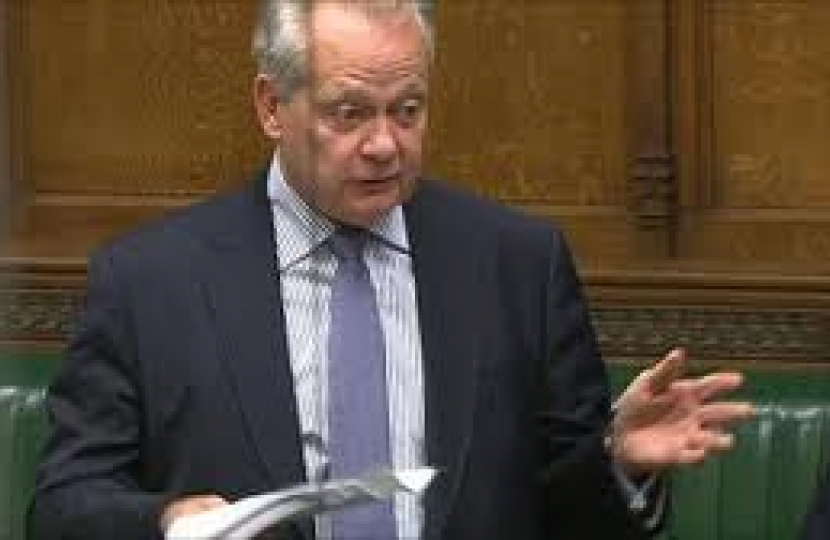
Eric Ollerenshaw (Lancaster and Fleetwood) (Con): I will try, in this shortened time, to vary my comments. I have a deep respect for so many hon. Members who have put their heart and conscience on show in this debate. I approach this subject from idiosyncratic principles.
I was thinking only the other day that at the moment, along with other hon. Members, I am actively supporting the Plymouth Brethren’s right to equal charitable status with other groups. I will continue to do that, even though I am not a member of the Plymouth Brethren and even though the Plymouth Brethren live a life that is, shall we say, somewhat different to that of the majority of people or even to my lifestyle. I have always supported Jewish and Muslim communities in their attempts to maintain their faith—right through to halal, schechita and so on. I will continue to do that because I believe—I cannot remember which hon. Member said it—that the test of a civilised society is its protection of minorities. That is the kind of place I come from. Added to which, I am a Roman Catholic—a bad one I must admit, in all kinds of ways.
5 Feb 2013 : Column 214
I made a promise to my constituents that I would not support anything that brought any problems to Churches or faith groups—whether they be Plymouth Brethren, Muslims or Roman Catholics—if there was any challenge to their right to keep to their definition of marriage. I shall come back to theology, which has been mentioned by a number of people who are far more expert than me.
I am satisfied with the lock. The Danish example has been mentioned, but apparently in Denmark the Parliament did not include the protections that the Minister has provided for in the lock.
I equate this debate with what happened to divorce law in the previous century. Interestingly, in all this talk about marriage always being the same and its continued popularity, no one seems to have mentioned the loosening of the divorce laws. As I said, I am a Roman Catholic, and in that faith divorce is treated differently, but nobody, to my knowledge, has ever challenged the right of a Roman Catholic priest or, indeed, an Anglican to refuse to marry a divorced couple. It has never actually happened, and that is how I see this issue. I approach it with principles based on the reciprocity that exists in any democratic society between minorities and our protection of their rights. I believe that the Bill strikes the right balance.
Other Members mentioned civil partnerships. The right hon. Member for Tottenham (Mr Lammy) went slightly over the top and historically I think he was incorrect. It was not Rosa Parks to begin with. The principle of separate but equal was defined as wrong by the Supreme Court in Brown v. Topeka Education Board in 1959—if my history teaching is still there. Nevertheless, he was right about it being different. All we are asking for in the Bill, principally, is civil marriage. The majority of existing civil marriages are between divorcees, so the Roman Catholic Church does not recognise them anyway, and that is fine; it is permitted—and it will be permitted to keep its particular beliefs in this case as well.
Some faiths—this is where the theology gets complicated—and Christian groups actually want to carry out these marriages. I thought that was what I came here to do—to protect those freedoms and retain that balance. As I said, that is the principle I work on: a reciprocity between minorities in respect of their beliefs and right to carry on with their lifestyle as they wish, provided it does not interfere with that of others. I do not see how the Bill creates any problems with that or will prevent me in future from defending the Plymouth Brethrens, the Jewish faith, my own Church’s faith or the Muslim faith.
